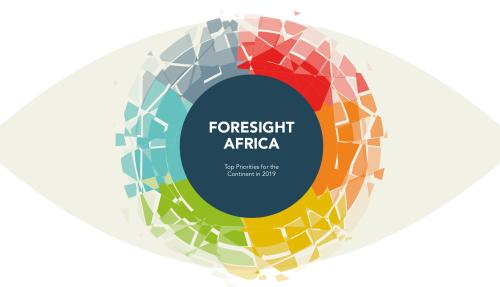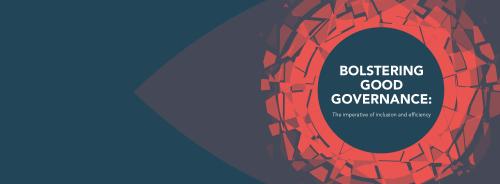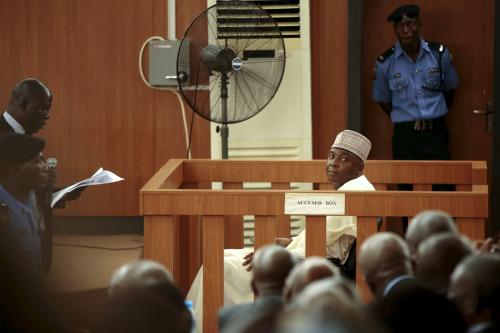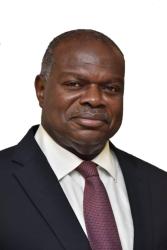Below is a viewpoint from Chapter 1 of the Foresight Africa 2019 report, which explores six overarching themes on the triumphs of the past years as well as strategies to tackle the remaining obstacles for Africa. Read the full chapter on bolstering good governance.
Over the past two decades, as African countries have transitioned from significantly autocratic regimes to increasingly open arrangements of governance, there have been questions about the effectiveness of democratic institutions and practices in supporting the necessary policy and organizational environment for meaningful economic development. Debates have emerged over whether true democracies can be found in the region or not.
The issue of whether Africa has true democracies or not is generally discussed in relation to what freedoms are associated with holding elections. Many countries are generally seen as not embedding political and civil rights in their new institutions even though they organize regular elections. The 2018 ranking of free countries by the watchdog organization Freedom House is quite revealing in this regard, having ranked Angola, Cameroon, and Chad as not free, even though they host regular elections. The degree of accountability in these oil-producing economies is considered to be limited.
Debates have emerged over whether true democracies can be found in the region or not.
A large and growing number of African countries have steadily improved the organization of elections over the years and introduced institutional reforms that provide more liberties for citizens. What remains doubtful is the extent to which the new institutions are used to pursue development and structural transformation. A number of studies make reference to the “conflict view” of democracy and development, suggesting that decisionmaking in several new democracies is shortsighted. Elected officials approach policymaking with their eyes fixed on the ballot box. They are able to construct new roads, schools, and hospitals just before elections—with a lot of debt accumulated in the process—but they are unable to develop a link between new infrastructure and the modernization of agriculture or the growth of the manufacturing sector.
Many countries see unemployment as an organizational challenge. Ghana, since 1992, is a classic case in point. When the government of Ghana promised “one district, one factory” during the past election campaign, no one believed that they could build more than 200 factories in 4-8 years. Today the discussion has moved to how one defines a factory! No wonder, promises beyond these are not taken very seriously.
For the principles of democracy to be completely embraced in Africa, governments need a long-term perspective of effective institution building for structural transformation. Deferring some public consumption is necessary in long-term planning. But, with better government accountability and transparency, African democracies can replace the facade of freedom with real liberty and economic development.
The Brookings Institution is committed to quality, independence, and impact.
We are supported by a diverse array of funders. In line with our values and policies, each Brookings publication represents the sole views of its author(s).








Commentary
Is there a tension between democracy and economic development in Africa?
March 11, 2019